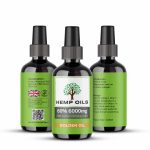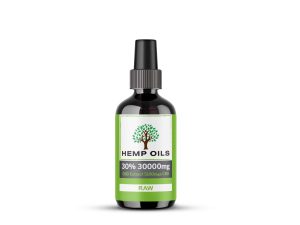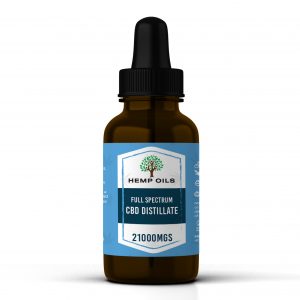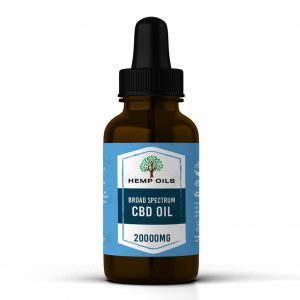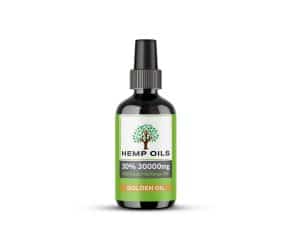Introduction to Hemp Seed Oil ===
Hemp seed oil has gained significant popularity in recent years due to its various health benefits and versatile uses. Derived from the seeds of the hemp plant, this oil is rich in essential fatty acids, antioxidants, and other beneficial compounds. Known for its light nutty flavor and greenish color, hemp seed oil is widely used in the culinary and beauty industries. In this article, we will explore the process of making hemp seed oil, including extraction methods, the refining process, and the numerous benefits and uses of this remarkable oil.
=== Extraction Methods for Hemp Seed Oil ===
There are two primary methods used to extract hemp seed oil: cold-pressing and solvent extraction. Cold-pressing involves mechanically crushing the hemp seeds to extract the oil. This method retains the oil’s natural properties, including its flavor and nutritional value. On the other hand, solvent extraction involves using chemical solvents, such as hexane, to dissolve the oil from the seeds. While this method is more efficient, there is a risk of residual solvent traces in the final product, which may require further refining.
=== Refining Process of Hemp Seed Oil ===
After the initial extraction, hemp seed oil undergoes a refining process to remove impurities and enhance its quality. This process typically involves several stages, including degumming, neutralization, bleaching, and deodorization. Degumming removes any gums and phospholipids present in the oil, while neutralization helps to balance the oil’s acidity. Bleaching eliminates any residual colors and unwanted compounds, and deodorization removes any undesirable odors. The final refined hemp seed oil is clear, odorless, and of higher quality.
=== Benefits and Uses of Hemp Seed Oil ===
Hemp seed oil offers a wide array of health benefits. It is an excellent source of omega-3 and omega-6 fatty acids, which are essential for maintaining heart health, reducing inflammation, and supporting brain function. Additionally, hemp seed oil contains gamma-linolenic acid (GLA), which has been associated with promoting healthy skin and reducing symptoms of certain skin conditions like eczema. The oil’s antioxidant properties also contribute to its potential anti-aging effects.
In terms of culinary applications, hemp seed oil adds a delightful nutty flavor to dishes and can be used as a salad dressing or drizzled over various foods. Its low smoke point makes it unsuitable for high-temperature cooking but is perfect for adding a finishing touch to cooked recipes. Furthermore, hemp seed oil is increasingly used in the beauty industry for its moisturizing and nourishing properties. It can be found in skincare products, soaps, and hair care items, offering hydration and promoting overall skin health.
Hemp Seed Oil – A Versatile and Beneficial Oil===
Hemp seed oil, obtained through cold-pressing or solvent extraction methods, undergoes a refining process to ensure purity and enhance its quality. Its exceptional nutritional profile, including omega fatty acids and antioxidants, makes it a valuable addition to both culinary and beauty routines. From providing cardiovascular support to promoting healthy skin, the benefits of hemp seed oil are vast. Whether used in cooking or as a natural beauty ingredient, hemp seed oil continues to gain recognition for its versatility and positive impact on overall well-being.
